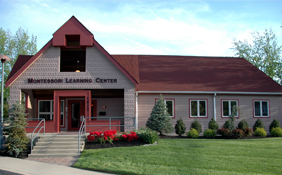Children benefit when they are given praise and positive feedback for certain behaviors. While there are many types of praise and different times that feedback may be given, it is important not to overdo the praise and to provide it at appropriate times.
We have found that one of the best times to praise a child is when he or she least expects it. Praise when a child does not expect it is like receiving a heartfelt good morning from a perfect stranger. It’s a surprise, but it feels good! Unexpected praises not only encourage a child to follow directions, and to be helpful and courteous, but they also instill in the child a sense of doing the right thing because that is what is supposed to be done. For example, if a child notices another child having difficulty saying good bye to his mother, the child may go over to the sad child and invite him to play. This would be a wonderful time to praise the first child on how nice it was for him to help a friend feel better.
A praise can also be used during those special moments for children who may have difficult times following specific directions. An example of this would be for a child who consistently runs in the classroom even after being reminded not to. If the teacher notices the child walking one day on his own with no reminders, that would be a good time to say “I like the way you walked across the room!” At home, if a parent notices a child putting away his toys without being asked, that would be a good time to say, “you did a good job putting away your toys today. Thank you.”
Children who handle a problem together nicely would love to hear, “I am so proud of the way you both worked it out!” This type of praise is very helpful in developing communication skills with friends. The praises mentioned may seem small, but to a child it’s a very big step toward being the best person he can be.
Enjoy every moment!


